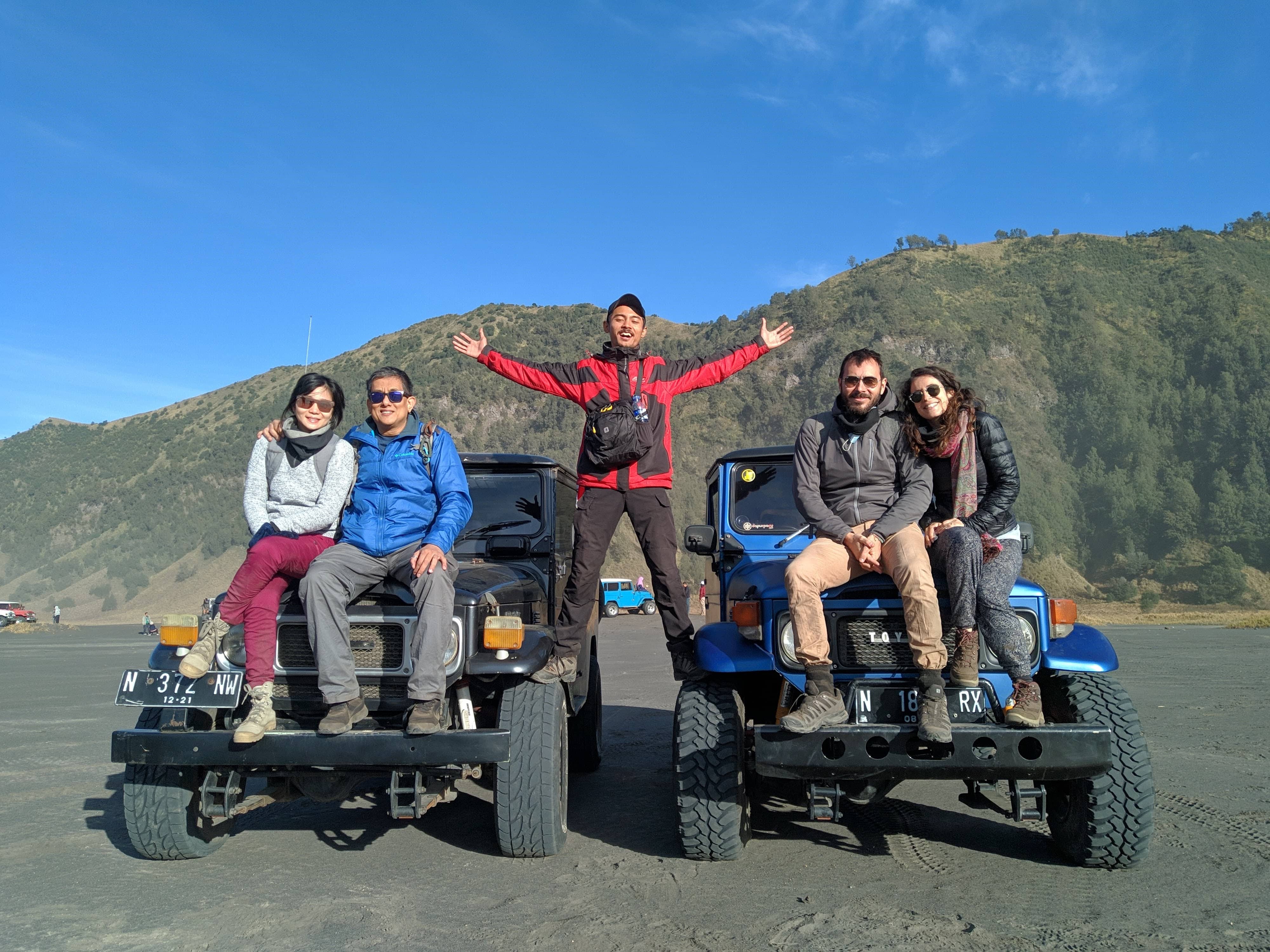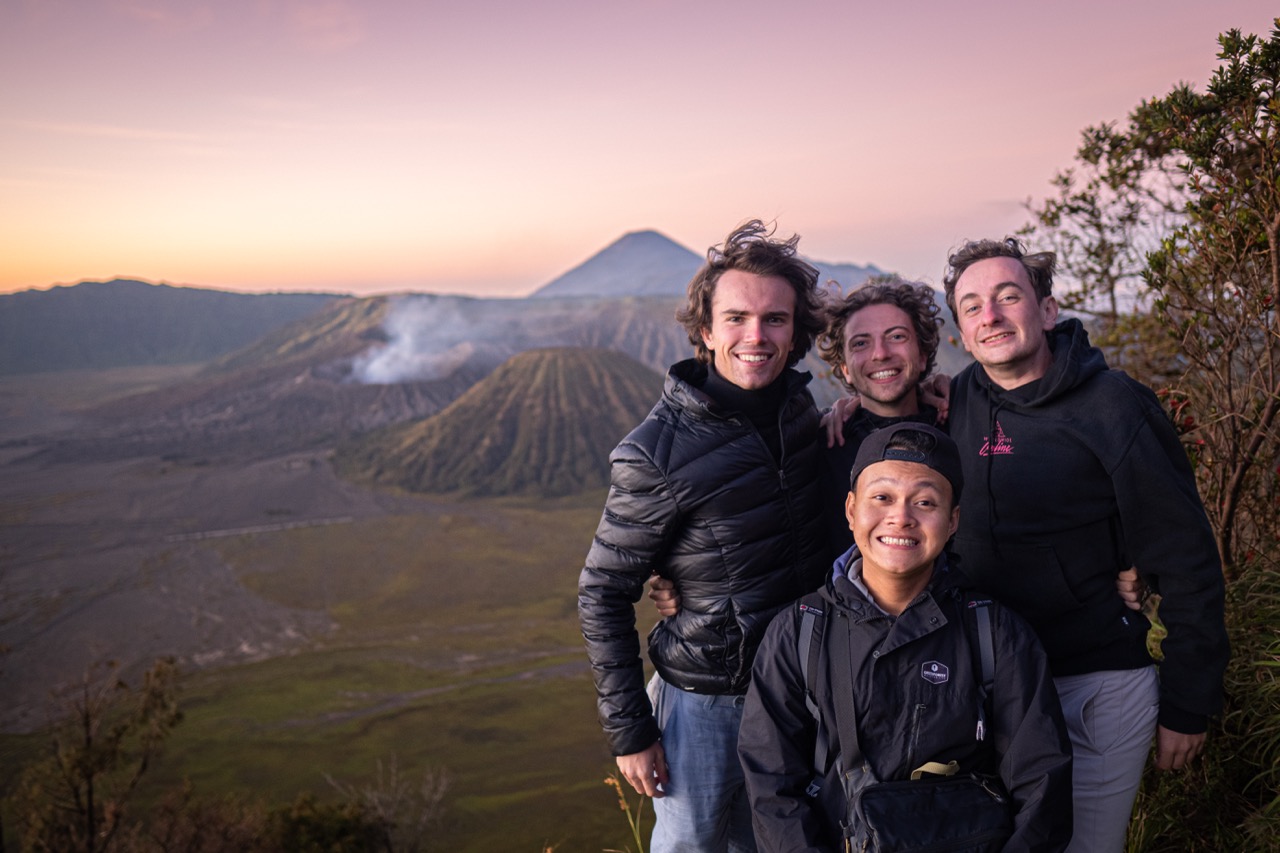In the world of tourism, a tour guide is far more than just a narrator of facts and directions. They are cultural ambassadors. Whether leading visitors through ancient ruins, bustling city markets, or sacred religious sites, a guide plays a pivotal role in shaping how tourists perceive a destination and its people. This responsibility brings with it a crucial requirement cultural sensitivity
As global travel becomes increasingly accessible, tour guides interact with diverse groups from all corners of the world each bringing their own values, beliefs, customs, and expectations. At the same time, guides must also represent and respect the local communities they serve. Navigating this delicate balance requires awareness, empathy, and intentionality. Here’s why cultural sensitivity matters and how every tour guide can cultivate it.
Why Cultural Sensitivity Matters
Tourism has the power to build bridges between cultures or unintentionally reinforce stereotypes and cause offense. A single inappropriate comment, gesture, or assumption can turn an enriching experience into a moment of discomfort or even disrespect.
For example, referring to traditional clothing as “primitive” or calling local customs “strange” may seem harmless to some, but such language can deeply offend locals and mislead travelers about the richness of a culture. Similarly, failing to observe local etiquette like removing shoes before entering a temple or dressing modestly in conservative regions can reflect poorly not only on the guide but on the entire group.
Culturally sensitive guiding fosters mutual respect. It enhances the traveler’s experience by offering authentic, respectful insights, while also protecting the dignity and traditions of host communities. In an age where sustainable and responsible tourism is gaining momentum, cultural sensitivity isn’t just a nice-to-have but it’s essential.
Understanding Cultural Relativism
One of the foundational principles of cultural sensitivity is cultural relativism. The idea that a person’s beliefs and practices should be understood based on their own culture, rather than judged against the standards of another.
A tour guide doesn’t need to agree with every cultural practice they encounter, but they should strive to present them objectively and respectfully. For instance, when explaining arranged marriages in certain societies, a guide should avoid labeling them as “backward” and instead contextualize them within historical, social, and familial frameworks.
This approach encourages travelers to see differences not as deficits, but as alternative ways of living and understanding the world.
Key Areas Where Cultural Sensitivity Applies
1. Language and Communication
Words matter. Even seemingly neutral terms can carry negative connotations depending on context. Avoid slang, jargon, or idioms that might confuse or alienate non-native speakers. Be mindful of tone speaking slowly and clearly does not mean “talking down” to someone.
Also, pay attention to non-verbal communication. Gestures like pointing, touching, or prolonged eye contact may be acceptable in one culture but considered rude in another. A simple nod or smile can go a long way in building rapport across cultural lines.
2. Religious and Spiritual Practices
Many tours include visits to places of worship churches, mosques, temples, or shrines. Guides must educate themselves and their guests about appropriate behavior. This includes dress codes, silence rules, photography restrictions, and rituals in progress.
Rather than treating these spaces as photo opportunities, frame them as living, spiritual environments deserving of reverence. Explain the significance of rituals without reducing them to entertainment.
3. Local Customs and Traditions
Every community has unwritten rules about hospitality, gender roles, dining etiquette, and social interaction. A culturally sensitive guide learns these nuances in advance. For example:
- In Japan, it’s polite to accept gifts with both hands.
- In many Middle Eastern countries, using the left hand for giving or receiving is discouraged.
- In parts of Africa, direct confrontation is avoided as a sign of respect.
Sharing these details with tourists helps prevent misunderstandings and shows appreciation for local ways of life.
4. Historical Narratives and Colonial Legacies
How history is told matters. Guides should be cautious about perpetuating colonial narratives that glorify conquest or marginalize indigenous voices. Instead, incorporate multiple perspectives especially those of local communities when discussing historical events.
For example, when touring former colonial buildings, acknowledge both their architectural significance and the complex, often painful histories tied to imperialism. This balanced storytelling promotes critical thinking and deeper understanding.
Practical Tips for Cultivating Cultural Sensitivity
1. Do Your Research
Before leading a tour, invest time in learning about the cultural background of both your guests and the local population. Understand major holidays, taboos, and current social issues.
2. Ask, Don’t Assume
When in doubt, ask respectfully. Engage with local community leaders or elders to gain authentic insights. Avoid making generalizations like “All people here believe…” or “They’ve always done it this way.”
3. Encourage Questions With Respect
Create a safe space for travelers to ask questions, but set ground rules: no mocking, stereotyping, or intrusive personal inquiries. Gently correct misconceptions when they arise.
4. Be a Role Model
Your behavior sets the tone. Show respect through your actions—whether it’s greeting locals in their language, following local dress codes, or participating in traditions with humility.
5. Stay Open to Feedback
If a local resident or tourist points out something you said or did that was insensitive, listen without defensiveness. Apologize if needed and use it as a learning opportunity.
6. Promote Ethical Interactions
Discourage behaviors like taking photos of people without permission, bargaining aggressively in markets, or treating locals as part of the “exotic scenery.” Encourage meaningful, reciprocal interactions instead.
When tour guides lead with cultural sensitivity, they do more than deliver a pleasant experience—they contribute to a more respectful, equitable tourism industry. Travelers leave not just with souvenirs and photos, but with broader perspectives and greater empathy.
Moreover, local communities are more likely to welcome tourism when they feel respected and represented fairly. This fosters pride, supports cultural preservation, and ensures that tourism benefits everyone—not just outsiders.
Final Thoughts
Cultural sensitivity isn’t about walking on eggshells—it’s about leading with curiosity, humility, and care. The best tour guides don’t just show people places; they help them see the world differently. And in doing so, they honor both the cultures they represent and the travelers they guide.
In a world that often feels divided, tour guides have a unique opportunity to be peacemakers—one thoughtful story, gesture, and interaction at a time. By embracing cultural sensitivity, they turn every tour into a journey of mutual understanding.




